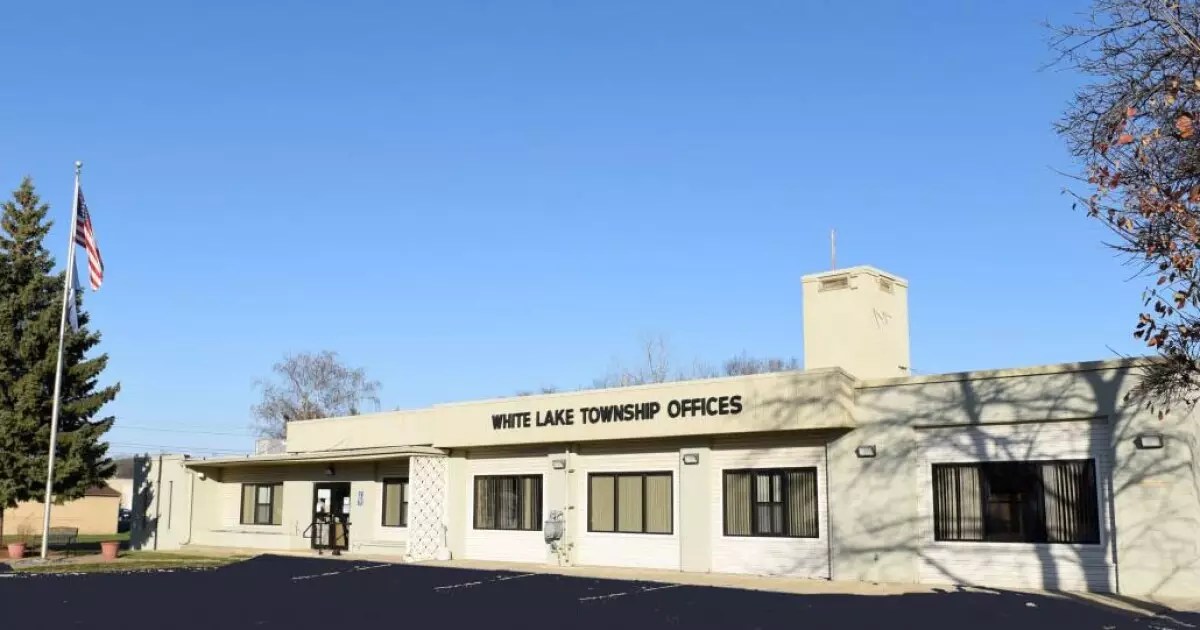In a digital age marked by the increasing prevalence of cyber threats, White Lake Township in Michigan has found itself navigating the treacherous waters of cybersecurity challenges. The township recently experienced a significant breach that not only threatened its financial operations but also raised broader concerns regarding the safety of municipal finance transactions. A November announcement highlighted that a cybersecurity incident had induced the cancellation of a planned bond sale aimed at financing the construction of a new civic center, showcasing the vulnerabilities that public entities face in today’s interconnected world.
The township was set to issue $29 million in bonds when an unknown cyber assailant infiltrated a township official’s email account. This breach resulted in a fraudulent transaction where erroneous wiring instructions were sent to the purchaser, pushing the financial transaction into chaos. Police Chief Daniel Keller confirmed that the township did not receive any proceeds from this bond sale, emphasizing the financial ramifications caused by such a malicious act—an event that underscores the urgent need for robust cybersecurity measures within public finance sectors.
Despite the setback, White Lake Township is determined to rebound financially by reissuing bonds through a more secure negotiated process, involving reputable financial institutions like Stifel and JPMorgan. This pivot illustrates the township’s proactive approach to restoring investor confidence and ensuring the continuation of necessary public projects. The preliminary official statement now sheds light not only on the financial implications but also on the increased cybersecurity measures adopted in response to the breach.
The township aims to utilize the new bond proceeds to fund essential infrastructure, including a public safety headquarters and a civic center—projects that the community relies on for enhanced public services. The decision to pursue a negotiated sale rather than a competitive one indicates a strategic shift designed to mitigate risks and potentially increase oversight throughout the transaction process.
What transpired with White Lake Township is not an isolated incident. Experts in public finance, including Omid Rahmani from Fitch Ratings, acknowledge that the hacking threats municipalities face during bond transactions are both real and growing in sophistication. While the breach at White Lake is the only public case reported thus far, indications suggest that similar attempts have been made elsewhere, albeit unreported due to the sensitivity surrounding such financial failures.
The ongoing threat of cyberattacks raises critical questions about existing protocols and the effectiveness of cybersecurity strategies in place within municipal frameworks. The need for industry-wide best practices has never been more pressing, prompting discussions at conferences such as the Government Finance Officers Association event, where the White Lake incident was a key topic. This shift in focus is indicative of a broader awareness and readiness among public financial bodies to confront this evolving danger.
Despite the challenges posed by the attack, ratings agencies like S&P Global remain optimistic about White Lake Township’s financial health, maintaining an AA-plus rating on its general obligation bonds. The township’s cyber insurance policy, provided by the Michigan Municipal Risk Management Authority, also adds a layer of security for the unforeseen ramifications stemming from this breach. This insurance, along with the swift remedial actions taken post-incident, indicates the township’s commitment to safeguarding its financial integrity.
S&P’s analysis post-breach notes the township’s proactive response in bolstering its cybersecurity measures, demonstrating a blend of resilience and adaptability in the face of adversity. However, the agency also highlighted lingering risks linked to potential legal actions stemming from the hack, which could have implications exceeding available insurance coverage. As forensic investigations continue, anticipatory measures play a critical role in ensuring that public entities not only recover but also fortify their defenses against future threats.
White Lake Township serves as a case study for other municipalities grappling with the ramifications of cyber threats to public finance. As they move forward with their revised bond issuance plans, it brings to light the pressing need for vigilance, innovative strategies, and fortified cybersecurity protocols. The lessons learned from this incident will not only influence White Lake’s future financial transactions but also set a precedent for the thousands of similar entities that also face potential cybersecurity vulnerabilities.
In an era where the digital landscape continues to evolve, the resilience demonstrated by White Lake Township offers a beacon of hope for effective recovery and proactive strategies in safeguarding public finances. The actions taken in the wake of the breach underscore the critical importance of preparedness, adaptation, and continuous improvement as municipalities strive to protect their financial operations from the ever-present threat of cyber attacks.


Leave a Reply